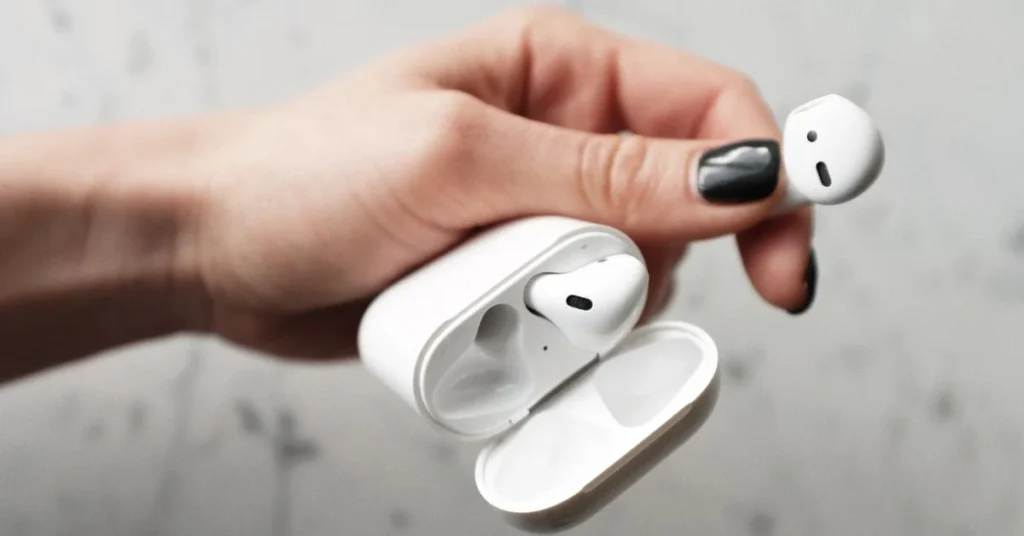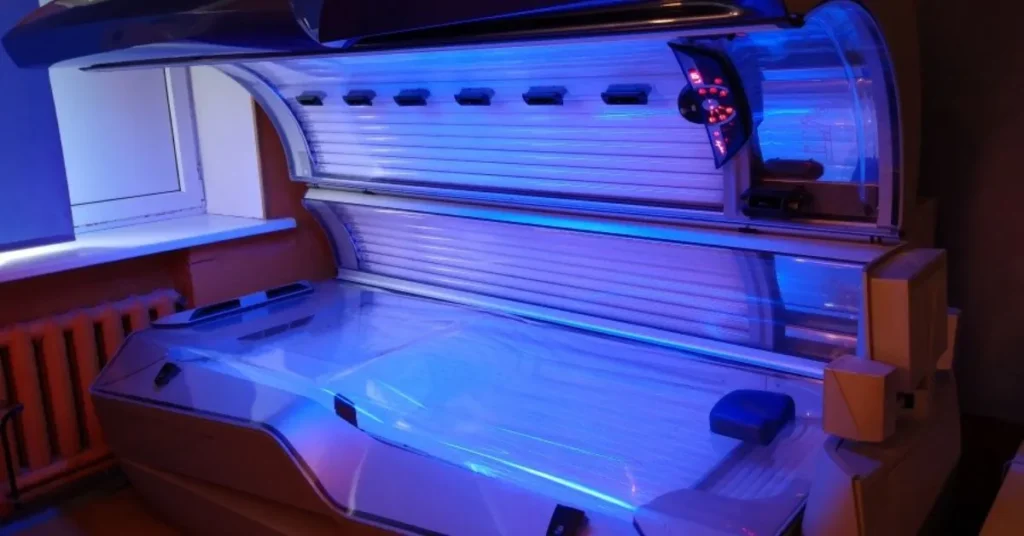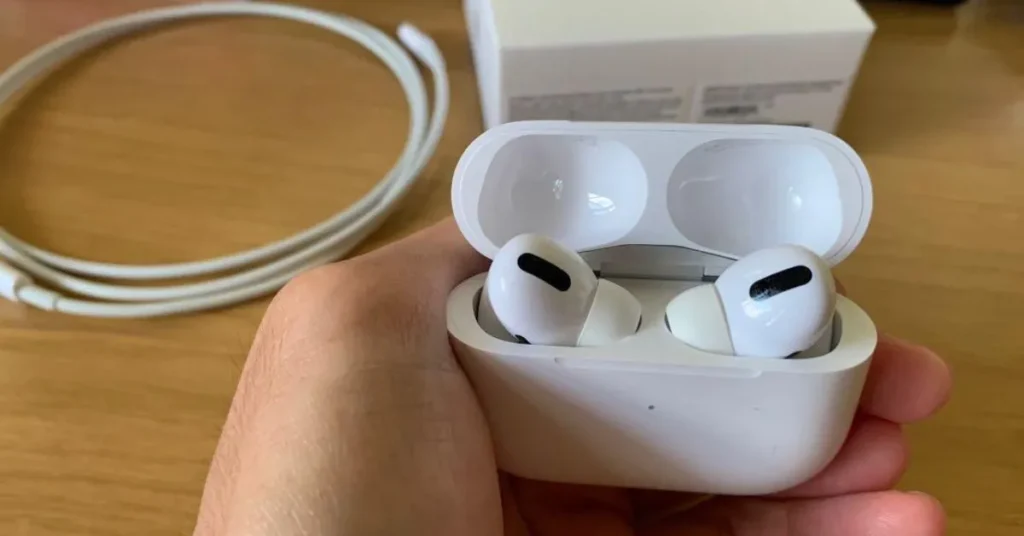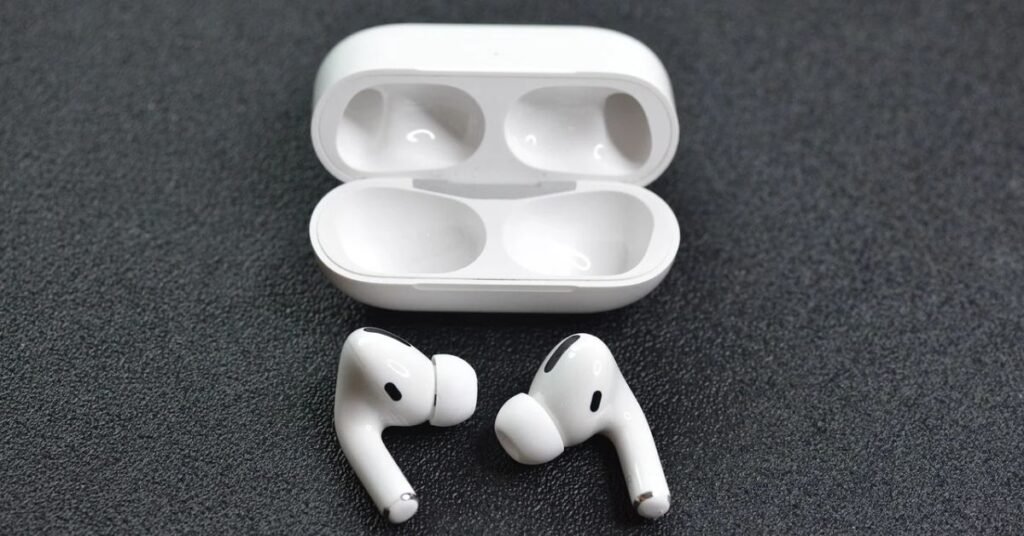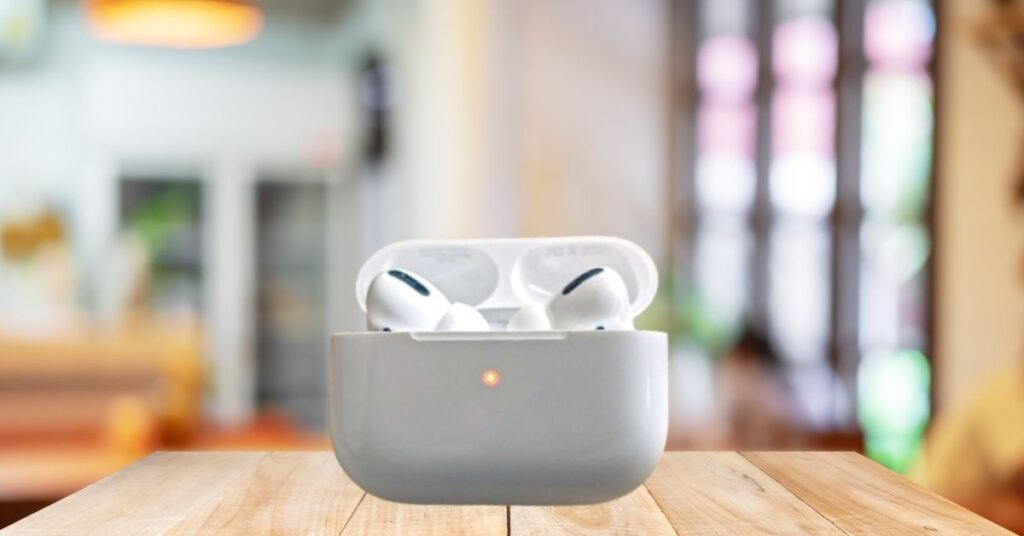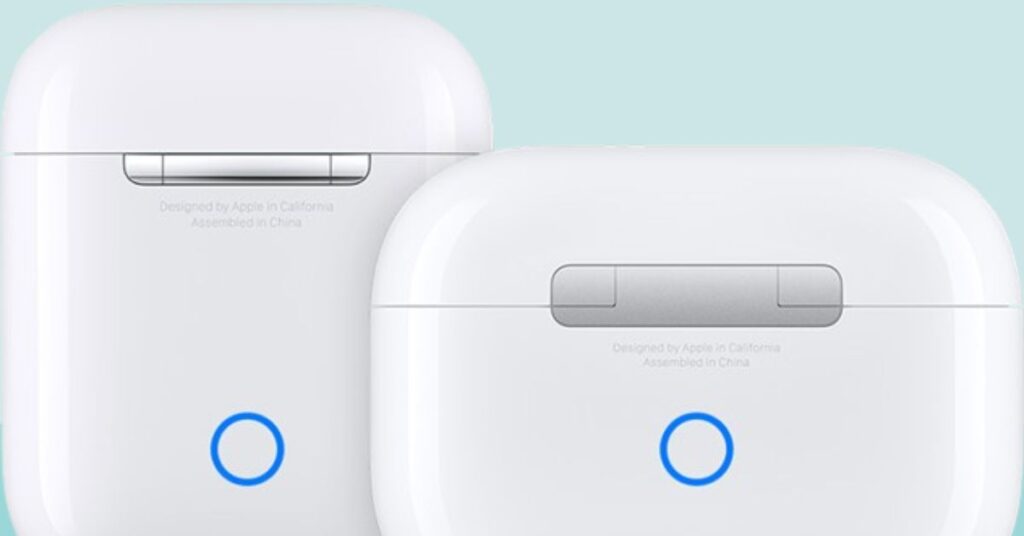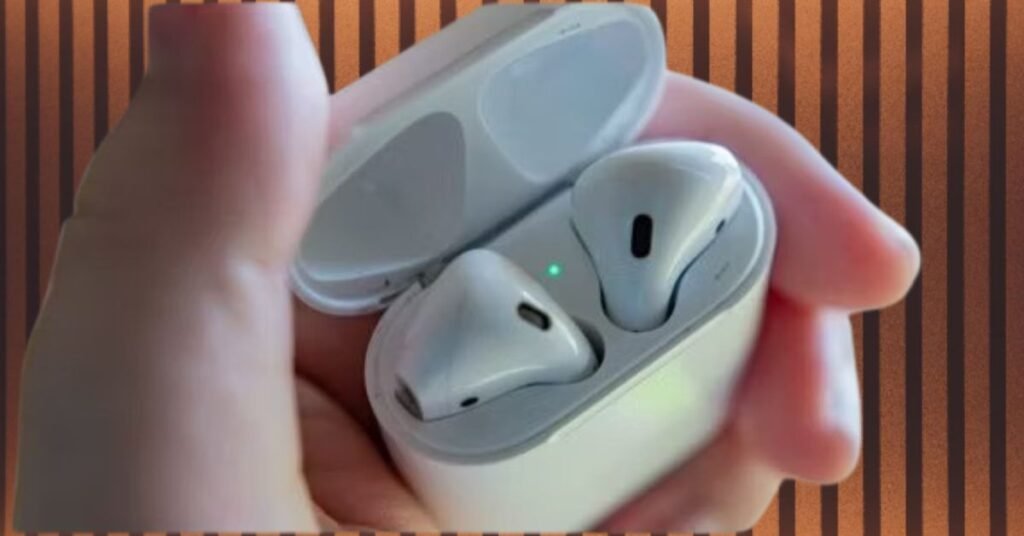Wireless earbuds have become integral to modern technology, providing ease, mobility, and immersive audio experiences. Apple’s AirPods are among the most popular options, thanks to their sleek design and smooth connection with Apple devices. However, as these wireless wonders have become more widely adopted, worries have emerged about their safety, notably the risk of explosions while sleeping. This in-depth investigation goes into the science, safety features, and real-world incidents to determine the truth behind the myth that AirPod explodes in your ear while you sleep.
Is It Okay to Sleep With Airpods: Understanding The Mythology
The thought of an electronic item unexpectedly combusting so close to one’s ears is unquestionably alarming. This fear activates our primitive impulses for self-preservation, eliciting a visceral response. However, like many urban legends, the idea of AirPods bursting while sleeping is fraught with inaccuracy and hyperbole. We must first investigate the science behind the technology that powers AirPods to dispel this fallacy.
Is It Safe To Sleep With AirPods In Delving into Lithium-Ion Batteries
AirPods are powered by lithium-ion batteries, a common power source in modern electronics due to their high energy density and rechargeability. While lithium-ion batteries have many benefits, they are fine. Under certain circumstances, such as exposure to extreme temperatures or physical damage, lithium-ion batteries can experience thermal runaway—a phenomenon in which internal temperatures rise rapidly, resulting in a fire or explosion.
Can AirPods Explode In Your Ear While Sleeping: Assessing Safety Features
Despite the risks connected with lithium-ion batteries, AirPods, like other electronic gadgets, include several safety mechanisms meant to limit these concerns. These features include temperature sensors, current limiters, and circuit protection systems that work together to prevent overheating and overcharging. However, it’s essential to consider specific scenarios, like whether you can wear AirPods in a tanning bed, to ensure users understand the context of their usage. Furthermore, Apple conducts rigorous testing and certification processes to comply with industry safety standards like UL and CE certifications.
Separating Fact from Fiction: Real-World Incidents and Investigations
While tales of electrical equipment spontaneously combusting might spark speculation and alarm, the truth is frequently more nuanced. While there have been reports of AirPods malfunctioning or catching fire, these instances are extremely rare. They are usually caused by external factors such as physical damage or third-party accessories. Furthermore, Apple conducts rigorous investigations into such accidents to determine the core causes and implement preventative steps to ensure the safety of its products and consumers.
Also Read: Why Do My AirPods Keep Cutting Out?
Practical Considerations: Falling Asleep With Airpods
Despite the low probability of airpods exploding in ear while sleeping, using them with mindfulness and prudence is critical. For people who want to listen to music or podcasts and sleep with AirPods in, here are some practical concerns and recommendations:
- Proper Charging Practices: Charge AirPods exclusively with the specified charging case and cord to reduce the danger of overheating. Avoid using damaged or third-party charging equipment.
- Temperature Management: Keep AirPods in a cool, dry environment away from direct sunlight and heat sources to avoid battery damage and overheating.
- Battery Health Monitoring: To ensure optimal performance and safety, regularly evaluate the battery health of AirPods using the Battery Health function on iOS devices and replace them as needed.
- Other Relaxation Methods: To lessen reliance on electronic devices before bedtime, consider adopting other relaxation and sleep induction techniques, such as white noise machines or meditation applications.
Related Post: Why Won’t My AirPods Flash White?
Additional Safety Measures In Sleeping With Airpods
Beyond the precautions outlined previously, it is critical to remain proactive in ensuring the safety and performance of your AirPods. Here are some more safety precautions to consider:
- Regular Inspection: Check your AirPods regularly for signs of physical damage, including cracks, dents, or exposed wires. If any damage is discovered, discontinue use immediately and contact Apple Support for assistance.
- Software updates: Keep your AirPods and related devices updated with Apple’s latest software upgrades. These updates frequently contain critical security patches and performance improvements that can help prevent problems.
- Safe Storage: When not in use, keep your AirPods in their charging case to safeguard them from dust, dirt, and damage. Consider investing in a protective case or pouch to increase durability during travel or storage.
- Authorized Repairs: If you experience a malfunction or damage, contact an authorized Apple service provider or technician. Attempting to repair AirPods yourself or utilizing unapproved third-party services may invalidate warranties and jeopardize safety.
By adopting these additional safety precautions into your daily routine, you may reduce the danger of accidents and ensure the long-term reliability of your AirPods. Remember that emphasizing safety and proper use is critical when reaping the benefits of contemporary technology.
Conclusion
To summarize, while the notion of AirPods bursting in your ear while you sleep remains a myth, the reality is significantly less frightening. AirPods pose negligible risk to users, even when sleeping when properly understood, maintained, and used responsibly. Individuals can continue to enjoy the convenience and functionality of AirPods without anxiety by refuting falsehoods with real information, practising mindfulness, and emphasizing safety. Remember, information is power, and by being informed and aware, we can confidently and calmly handle the complexity of modern technology.
Read Also: Is it Bad to Wear AirPods All Day?
FAQs About Is It OK to Sleep With AirPods?
As the popularity of AirPods continues to soar, concerns about their safety, particularly during sleep, have prompted many questions. Here are some frequently asked questions addressing common fears and misconceptions about AirPods and their potential for explosions while sleeping:
While the prospect of an AirPod exploding in your ear is unsettling, the chance of such an occurrence is extremely low. AirPods, like other electronic gadgets, include a number of safety safeguards to prevent overheating and battery-related mishaps.
Temperature sensors, current limiters, and circuit protection devices are among the safety features built into AirPods. These features work together to monitor and control the device’s temperature, preventing overheating and overcharging.
If you fall asleep with AirPods in your ears, they may cause discomfort or fall out, but the danger of significant injury or damage is low owing to their design and safety safeguards.
While isolated occurrences of AirPod failures or battery issues have been documented, they are uncommon and are usually caused by external factors such as physical damage or incorrect use. Apple actively examines such accidents to determine the core causes and adopt preventative steps, assuring the safety of its products and consumers.
To use AirPods securely while sleeping, follow good charging habits, keep them in a cool, dry spot away from direct sunlight and heat sources, and routinely check their battery status.
While it is reasonable to be concerned about the safety of electrical gadgets, including AirPods. the risk of an explosion while sleeping is quite low.
Sleeping with AirPods in is typically not suggested due to potential pain, ear canal pressure, and the danger of harming the devices or your ears.


